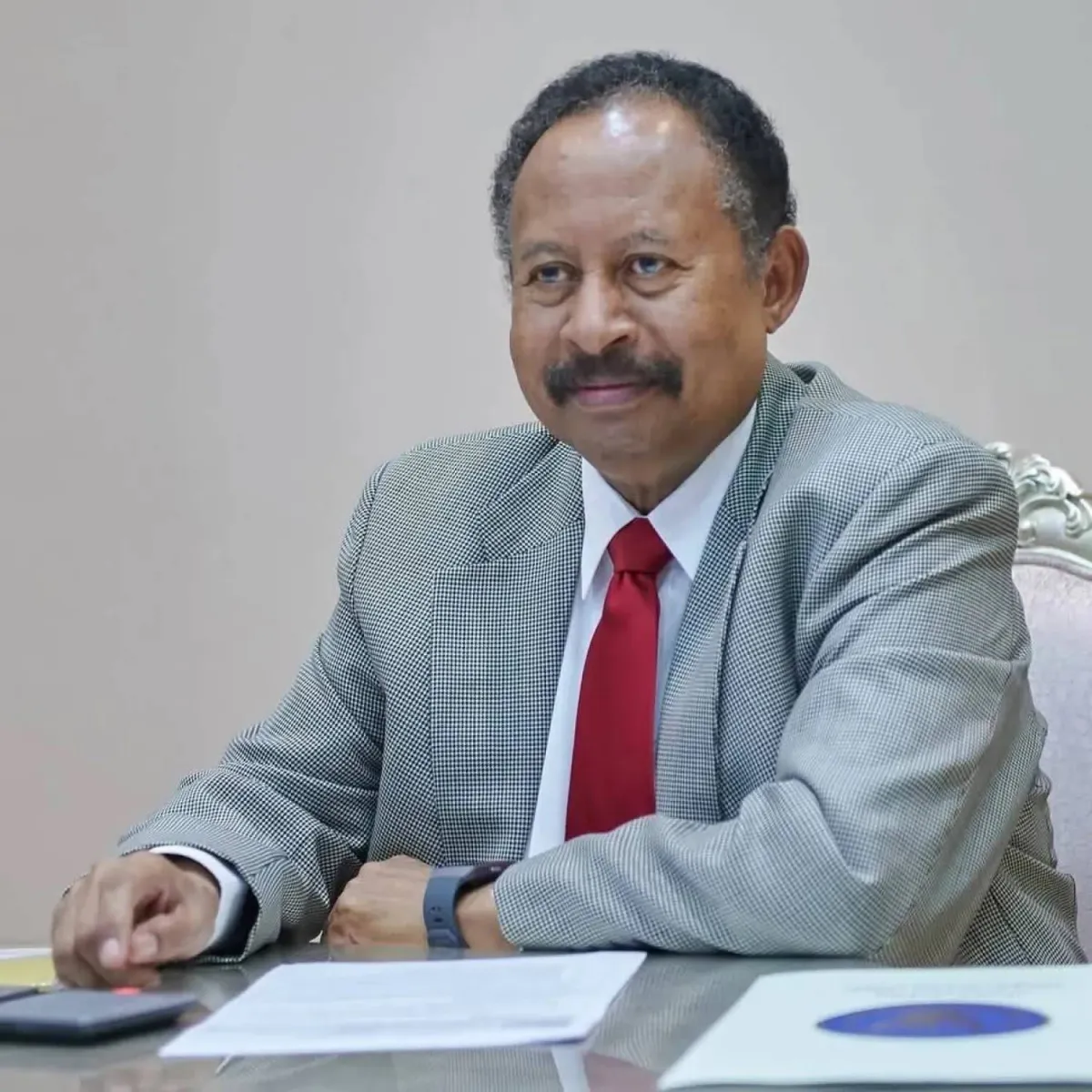Hamdok Warns of Sudans Disintegration as War Escalates

Former Sudanese Prime Minister Abdalla Hamdok has issued a stark warning about the future of Sudan, cautioning that continued warfare could lead to the country’s fragmentation.
Speaking at the International Conference on Social Cohesion in Kampala on Wednesday, Hamdok stressed the futility of a military solution and called for urgent dialogue to halt the conflict.
The conference, held from May 17 to 21 in Uganda’s capital, gathered over 60 Sudanese figures to address the rising tide of hate speech and its threat to national unity.
Hamdok used the platform to unveil plans for a National Center to Combat Hate Speech, aimed at monitoring incitement, holding perpetrators accountable, and promoting peaceful coexistence.
He warned that Sudan is at risk of descending into chaos unless warring factions prioritize peace. “With increasing mobilization and fragmentation, the risk of collapse looms from every direction,” he said, urging both sides to take immediate steps to end the bloodshed.
Hamdok, who led Sudan’s transitional government following the 2019 uprising that toppled the former regime, described the country’s current state as “critical and fragile.”
He noted that the war has triggered severe social, political, and economic shifts, extending beyond the battlefield to manifest in exclusion, abuse, and the spread of violence and marginalization.
“The conflict has morphed from killing and displacement into deeper social wounds -acts of cruelty, exclusion, incitement, and horrific crimes,” he said. He stressed that these developments threaten the very fabric of Sudanese society.
Hamdok also raised alarm over the sharp rise in hate speech and what he called “new forms of social discrimination” based on ethnicity, gender, color, and geography. He stressed that Sudan’s diversity should be a source of strength, not division.
“Our diversity is one of our greatest assets,” he said. “But unity can only be achieved through social peace and strengthened ties across religious, ethnic, and regional lines.”
Calling on religious leaders, tribal elders, youth, intellectuals, artists, and women, Hamdok urged a united front to restore peaceful coexistence and resist the spread of hatred.
He pledged to work with communities affected by divisive rhetoric and announced the launch of media campaigns to criminalize hate speech and promote national solidarity.
“The media landscape has become saturated with messages inciting violence and discrimination. No region has been spared,” Hamdok warned. “We must dismantle the platforms of hate and build a culture of mutual respect.”
aawsat.com